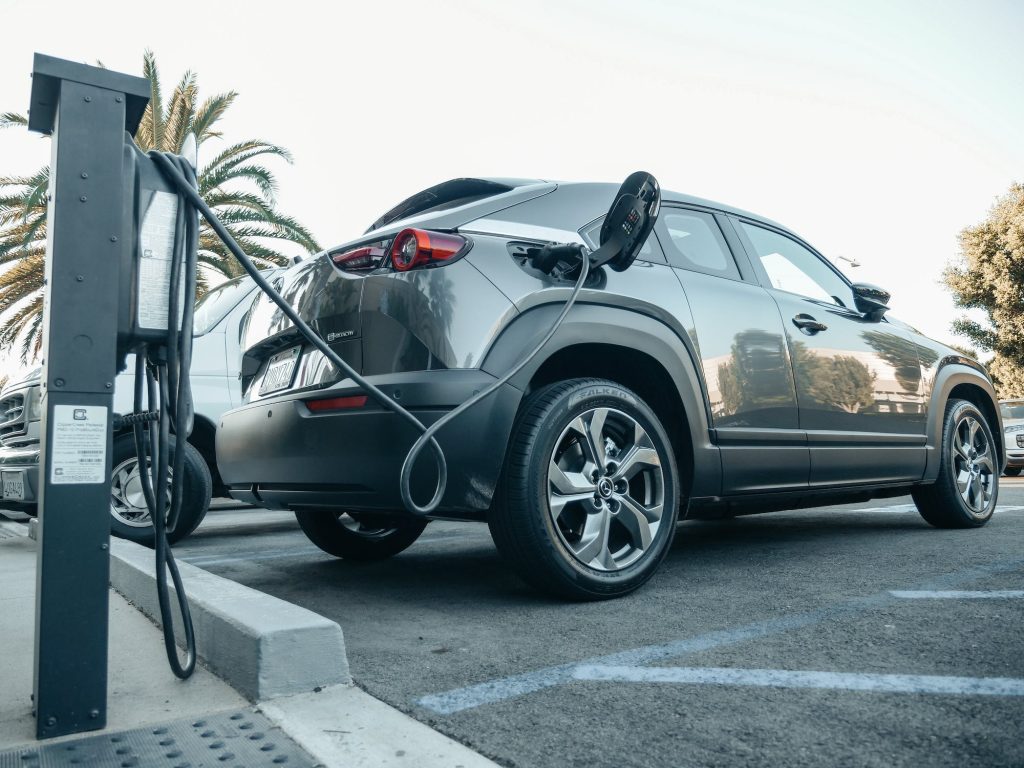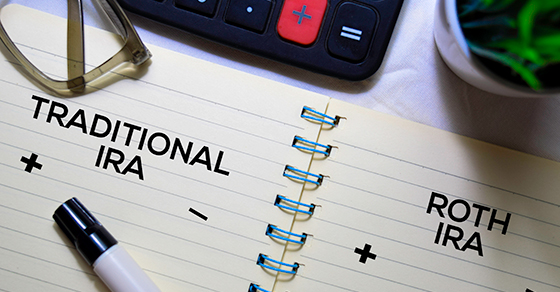
Eligibility for Clean Vehicle Tax Credit in 2023 and Beyond
If you purchase a new plug-in electric vehicle (EV) or fuel cell vehicle (FCV) in 2023 or later, you could qualify for a clean vehicle tax credit. The following summary does not address every situation and the limitations described below are complex so please consult your tax advisor to see if you qualify.
Who Qualifies for the New Vehicle Credit
To be eligible for a credit of up to $7,500 under Internal Revenue Code Section 30D for a new, qualified plug-in EV or FCV, you must:
- Purchase the vehicle for personal use, not resale
- Primarily use it within the U.S.
Moreover, your modified adjusted gross income (AGI) must not exceed:
- $300,000 for married couples filing jointly
- $225,000 for heads of households
- $150,000 for all other filers
The Inflation Reduction Act of 2022 has amended the eligibility for this credit for vehicles bought from 2023 to 2032.
Credit Amount for New Vehicles
The credit amount for new vehicles is based on when you took delivery of the vehicle, regardless of purchase date.
For vehicles in service from January 1 to April 17, 2023, the credit consists of:
- A base amount of $2,500
- An additional $417 for vehicles with at least 7 kWh of battery capacity
- A further $417 for each kilowatt-hour of battery capacity over 5 kWh
- The total credit can reach up to $7,500
Vehicles placed in service from April 18, 2023, must meet new critical mineral and battery component requirements. The credit for these vehicles can be:
- $3,750 if the vehicle meets only the critical minerals requirement
- $3,750 if the vehicle meets only the battery components requirement
- $7,500 if the vehicle meets both requirements
Eligibility for Used Clean Vehicle Tax Credit in 2023 and Beyond
From January 1, 2023, if you purchase a qualified used electric vehicle (EV) or fuel cell vehicle (FCV) from a licensed dealer for $25,000 or less, you could be eligible for a used clean vehicle tax credit. This credit amounts to 30% of the sale price, up to a maximum credit of $4,000.
Who Qualifies for the Used Vehicle Credit
To qualify for a credit for purchasing a used, qualified plug-in EV or FCV under Internal Revenue Code Section 25E, you must:
- Be an individual who bought the vehicle for personal use, not for resale
- Not be the original owner
- Not be claimed as a dependent on another person’s tax return
- Not have claimed another used clean vehicle tax credit within the three years prior to the purchase date
Moreover, your modified adjusted gross income (AGI) for the used vehicle credit must not exceed:
- $150,000 for married couples filing jointly or a surviving spouse
- $112,500 for heads of households
- $75,000 for all other filers
Qualified Vehicles and Sales
A qualifying vehicle for either credit must:
- Have a battery capacity of at least 7 kWh
- Have a gross vehicle weight rating under 14,000 pounds
- Be manufactured by a qualified company
For the used vehicle credit, the vehicle must also:
- Have a sale price of $25,000 or less
- Be a model that is at least two years older than the year of purchase
- Not have been transferred to a qualified buyer after August 16, 2022
- Be purchased from a dealer
How to Claim the Credit
To claim either the new or used clean vehicle credit, complete Form 8936, Qualified Plug-in Electric Drive Motor Vehicle Credit, and file it with your tax return for the year you took possession of the vehicle. You will need to include the vehicle identification number (VIN) on the form.
Contact CMR Associates today for more information on income tax credits and for tax preparation services or visit IRS.gov for additional information on these specific credits.




